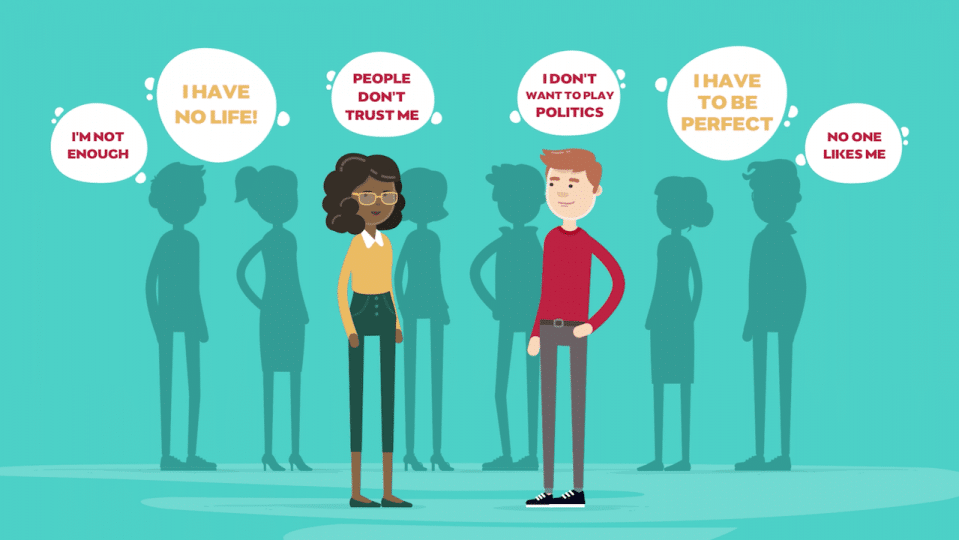Deliberate Crudeness as Antidote to Psychological Ownership
Why do smart people defend stupid ideas? It’s easy to blame organizational culture – think about the Not-invented-here syndrome so nicely described in Morten Hansen’s book “Collaboration”. But there is clearly a personal and very emotional component to it. A social psychology study (Blind in one eye: How psychological ownership of ideas affects the types of suggestions people adopt) confirmed that we tend to treat our ideas as a form of personal psychological property – and defend it. So much about diversity of thought!
Perhaps not surprisingly, organizational psychologists found that increased engagement with an idea impacts how open to changing that idea we are. But there is a twist. We are pretty open to adding to our idea while being resistant to taking away from it. We treat ideas like possessions – to which we happily add but from which we only reluctantly strip away.
The implications are clear: If you wish to support creativity in the problem-solving cycle of your team, avoid detail for as long as possible. Many teams show an “operational bias” – pushing to settle details required to implement and execute. But it’s hard to go back from there.
Who does a good job with that? Architects, for one. The whole idea of prototyping is to test an idea while being ready to tear up your initial design. The crudeness of early models is deliberate. Says Jim Glymph from Gehry Partners:
If you freeze an idea too quickly, you fall in love with it. If you refine it too quickly, you become attached to it. It becomes very hard to keep exploring, to keep looking for the better.
Keeping it simple is hard work. I recently facilitated a strategy meeting and needed to ask the same question again and again: “Is this the right level of detail to discuss at this stage?” An easy question that supports team effectiveness. Be prepared to repeat it many times.
We have a particular – at times intense and possessive – relationships with our creations. A simple truth that we can easily forget.


